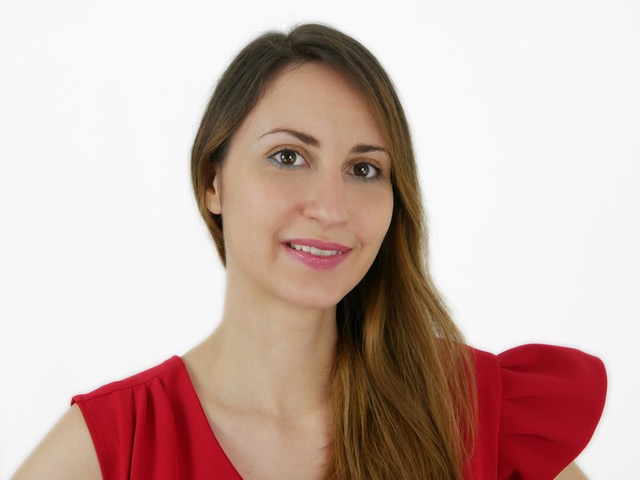EUROPEAN PHILOSOPHY OF SCIENCE ASSOCIATION |
COUNTRY FOCUS < SERBIA
Philosophy of Science in Serbia
 by Vlasta Sikimić, María Jiménez Buedo & Bobby Vos | 13 September 2023
by Vlasta Sikimić, María Jiménez Buedo & Bobby Vos | 13 September 2023Vlasta Sikimić is an Assistant Professor of Philosophy of Science and a member of the Philosophy and Ethics group at the Eindhoven University of Technology. She works on philosophy of science with a focus on inclusive science and philosophy of AI. In this country focus, and just a few days before the start of our 9th biennial conference in Belgrade, Vlasta gives us an overview of recent and current professional, academic and institutional developments in the philosophy of science in Serbia.
Where do Serbian philosophers work?
There are three universities in Serbia teaching philosophy: the University of Belgrade, the University of Novi Sad, and the University of Niš. In addition, several research institutes also hire philosophers. In Serbia, it is possible to get a fully funded research position and reach the rank of a full research professor.
How prominent is philosophy of science in Serbia?
Philosophy of science has often been connected with logic and the country has a strong history in formal philosophy. Interestingly, there is a certain degree of respect for philosophy in society at large in Serbia. For example, in our high schools, students have two subjects dedicated to it: logic and philosophy. The program covered by the logic course includes the basics of philosophy of science.
How would you characterize philosophy of science in your country?
With the increased number of early-career researchers in philosophy, the interest in philosophy of science intensified. This led to a school of thought that we internally started referring to as the "Belgrade school". The topics are governed by what is perceived as most pressing:
1) science policy with a focus on equity measures and the global improvement of work conditions in science,
2) philosophy of AI as an emerging technology, its epistemology, and global consequences.
Because of the size of the country, its strong sense of identity shaped by its complex and difficult history, as well as the brain drain effect, in Serbia it is common to reach out for connections in the diaspora. We often perceive that both researchers living in and out of the country form one large community. This facilitates knowledge transfer and gives opportunities to underprivileged members of the community.
What are the possibilities and chances in your country for external funding in philosophy of science?
Most of the research positions in Serbia are publicly funded. The Ministry of Science, Technological Development and Innovation had open calls for early-career researchers. I was funded in this way. Moreover, the Science Fund of the Republic of Serbia has open calls for grants across all disciplines. This is a relatively new body that uses the European grant review principles. Researchers also attract private and international funding.
Though philosophers can get tenure-track positions from early on, the system is still relatively closed to foreigners, as the Serbian language is still a requirement for every teaching activity. Hopefully, this will change in the future as we have good evidence that a diverse international environment significantly contributes to academic performance.
Is there a society for philosophers of science in your country, and if so, what are its activities?
Apart from smaller local organizations, researchers from Serbia are participating in the East European Network for Philosophy of Science - EENPS. EENPS organizes a biennial conference, hosts seminars and reading groups, has a mentoring program, etc. Moreover, EPSA has a fellowship program for early-career researchers from Eastern Europe. In this sense, it is highly recommendable to join both of these organizations.
What was the motivation for organizing EPSA in Belgrade?
By organizing EPSA in Belgrade, I had the vision to put the Belgrade school in philosophy of science on the map, to increase the visibility of underrepresented philosophical thought from the wider region, bring people together, and build bridges that will hopefully last for many years to come.